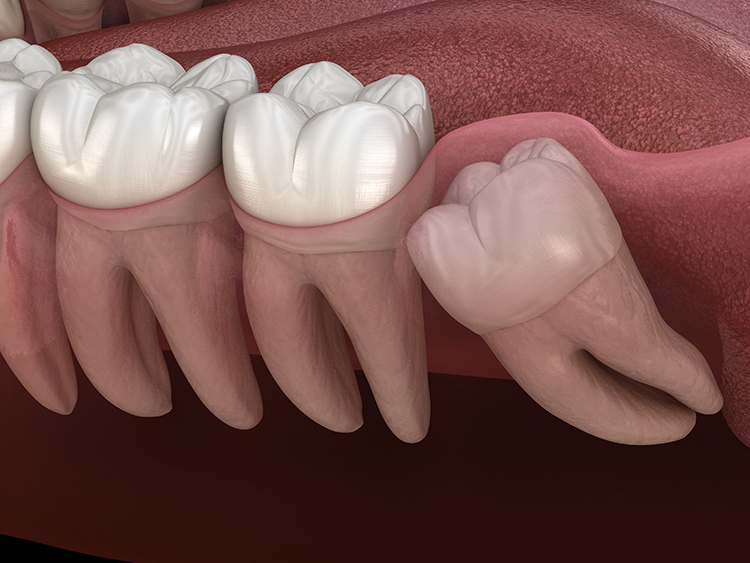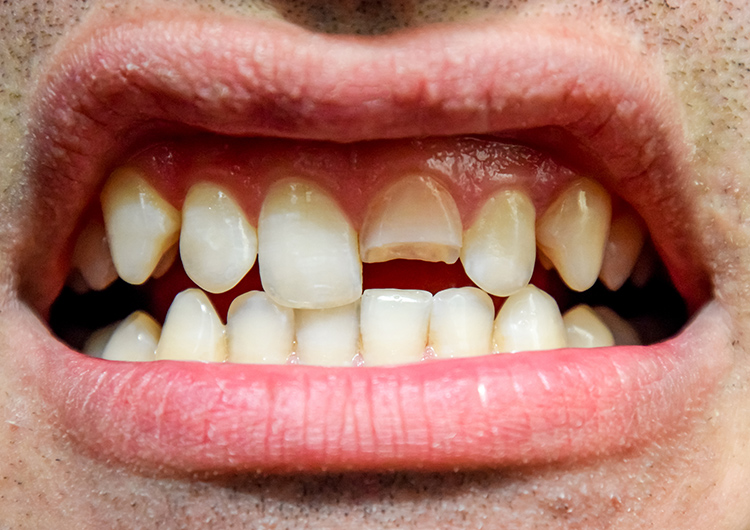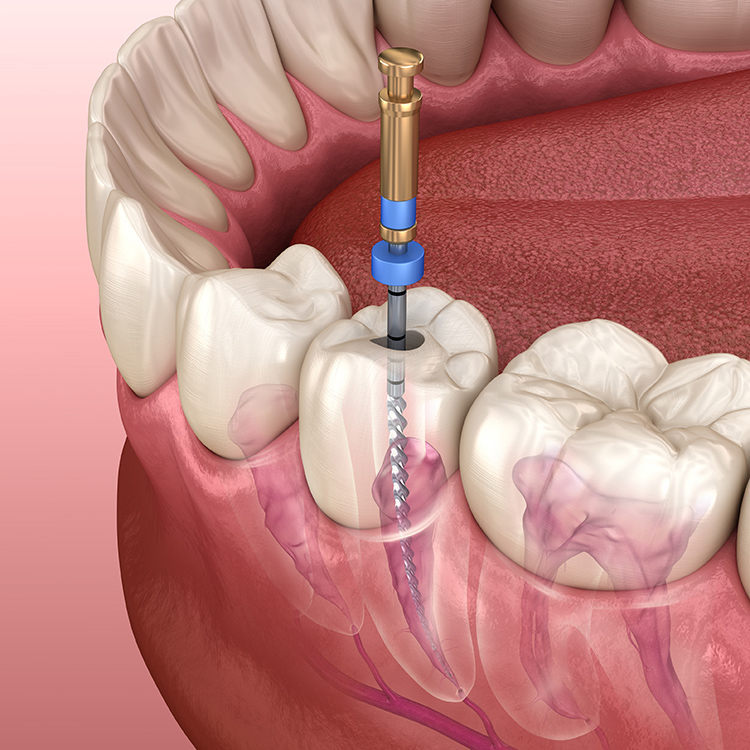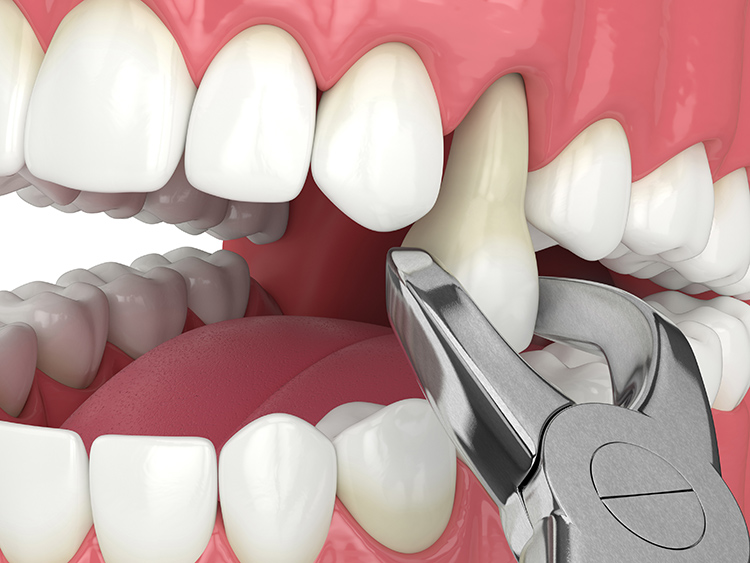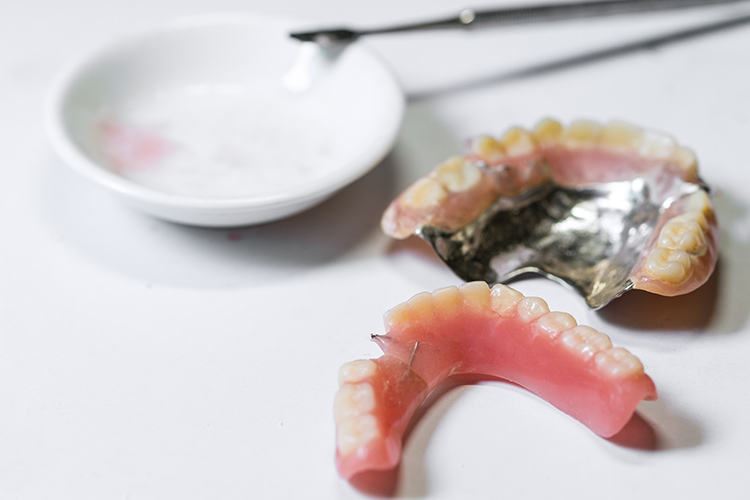The good news is that Capitol Square Dental in Columbus, OH offers these services and more. When you have an emergency dental issue, we can help! We offer a variety of services including emergency fillings, extractions, root canal treatment, and more.

What is a Dental Emergency?
A dental emergency is a sudden event involving the mouth/teeth that is characterized by severe pain, uncontrollable bleeding, and/or swelling. Even with the most vigilant oral care habits, a dental emergency can strike at any time.
Types of Dental Emergencies
There are several types of dental issues that may qualify as a dental emergency:
-
Dental Pain
Sudden, severe tooth pain may or may not be an emergency. If the tooth pain hits and does not subside with at-home treatment, it is considered an emergency. If you can control your symptoms at home, you can wait until regular office hours to schedule an appointment.
-
Wisdom Tooth Extraction
Standard wisdom tooth extraction is not a dental emergency. However, if one or more of your wisdom teeth are impacted, you may need emergency surgery to remove them, as they can cause a variety of oral and overall health issues.
-
Chipped or Broken Tooth
A chipped or broken tooth may or may not be a dental emergency. If you are experiencing pain, swelling, and/or bleeding, you may need emergency treatment.
-
Emergency Root Canal
When an infection gets into the tooth pulp, it can cause severe pain and/or sensitivity. We can remove the infection with root canal therapy, which involves removing the pulp from the tooth and filling it back in with artificial material. This saves the structure of the tooth- but since it is dead, you will likely need a dental crown to protect it.
-
Emergency Extractions
When you have a dental issue, we will do what we can to save the tooth. Unfortunately, this isn't always possible. In some cases, we'll need to remove the tooth with an emergency extraction.
-
Bleeding Gums
Bleeding can be normal after brushing too hard or if you eat something crunchy or hard- but it may also be an indication that something is wrong. If your gums are bleeding excessively or uncontrollably, you may need emergency treatment.
-
Broken Dentures
Broken dentures need to be replaced but may not necessarily be an emergency. If your dentures break due to trauma to the face/mouth, you should seek emergency treatment for the trauma. However, if they break because of being dropped or if you eat something too hard, you should schedule a standard appointment for replacement.
-
Jaw fractures
If your jaw is fractured for any reason, it is important to seek treatment right away. If not set properly, when it heals, your bite may be affected.
-
Surgical Complications
If you have recently had oral surgery and you are experiencing excessive pain, bleeding, swelling, fever, or other issues, you may need to seek emergency treatment. These symptoms indicate that something may have gone wrong.
-
Fractured Teeth
Fractured teeth are considered an emergency because, if left untreated, this dental issue could make the difference between losing the tooth or saving it.
-
Dental Abscess
A dental abscess is a pus-filled, pimple-like spot on the gum near an infected tooth. If left untreated, it could spread to other areas of your body, such as into your head/brain or neck/spine. This could be life-threatening.
Emergency Pediatric Dentist
Treatment is critical when a child experiences a dental emergency. If the affected tooth is a primary tooth, it could cause damage to the underlying permanent tooth or surrounding teeth. Therefore, emergency pediatric dental treatment is critical to ensure the oral and overall health of your child.
How to Prepare for an Emergency Dental Visit
If you have a tooth that has been broken or knocked out, try to find the fragment or the tooth to bring with you. Do not touch the tooth roots. If you can, stick the knocked-out tooth back in the socket. If not, place it between the cheeks and gums or in a small amount of milk.
If you are in pain, take an OTC pain reliever and apply a cold compress to relieve any swelling. Call the clinic as soon as possible and explain your situation. We will determine if you are experiencing an emergency and get you in as soon as possible.
What to Expect at an Emergency Dental Visit
When you come to the clinic for a dental emergency, we will start by getting your symptoms such as pain, bleeding, and/or swelling under control. Once we do that, we can examine your mouth to determine why you need emergency treatment. From there, we'll go over your treatment options. In many cases, treatment can be completed the same day. However, if the treatment will be extensive, we may schedule an appointment for the near future.

Emergency Dental Services at Capitol Square Dental
The team at Capitol Square Dental offers a variety of dental services from general dentistry to cosmetic procedures to restorative procedures and more. We also specialize in emergency dentistry. We understand that a dental emergency can happen at any time, so we are available- just call the office.
We are conveniently located at 212 South High Street in Columbus. We also have a location in Dublin. Our Columbus office hours are Tuesdays from 8:00 AM to 6:00 PM and Thursdays from 7:30 AM to 4:30 PM.
Emergency Dentistry FAQs
If you have any questions about dental emergencies, feel free to ask us. We will be happy to work with you and help you understand the various types of emergencies as well as the treatment options. Below are some of the most commonly asked questions.
-
Why do you need an emergency dentist?
An emergency dentist is needed if you are experiencing uncontrollable pain, bleeding, and/or swelling or if you experience trauma to the face/mouth.
-
When does tooth decay become an emergency?
Tooth decay becomes an emergency when you have uncontrollable pain, swelling, and/or bleeding along with it. However, proper oral care habits can help reduce your risk of tooth decay.
-
How do you know if you need to visit an emergency dentist?
If you are experiencing uncontrollable tooth pain, swelling, and/or bleeding or if you experience trauma to the face/mouth, you need to see an emergency dentist.
-
What if a broken tooth won't stop bleeding?
If you have a broken tooth that will not stop bleeding, start by gently biting down on a cotton ball or gauze pad. Then, contact the clinic to get an emergency appointment and get to us as soon as possible.
-
How can I prevent dental emergencies?
While you can't 100% prevent dental emergencies, there are a few things you can do to reduce your risk. This includes practicing proper oral hygiene and visiting the dentist twice yearly. You should also wear a mouthguard when playing contact sports or if you are susceptible to bruxism.
-
What do I do if my tooth pain is unbearable?
If your tooth pain is unbearable, contact the dentist right away. We will discuss your symptoms and determine if you need emergency treatment. If so, we'll get you in as quickly as possible. If it is not an emergency, we'll still schedule an appointment, just not immediately.
-
What will a dentist do in an emergency?
In the case of a dental emergency, the dentist will first get your pain, bleeding, and/or swelling under control. Once this is done, we will examine your mouth to determine the cause of the emergency. Then, treatment will be determined. In some cases, treatment can be completed on the same day.
-
Is a tooth abscess an emergency?
A dental abscess is a pimple-like pus-filled spot along the gumline. An abscess is an emergency because if left untreated, it could spread to other parts of your body and could be life-threatening.


